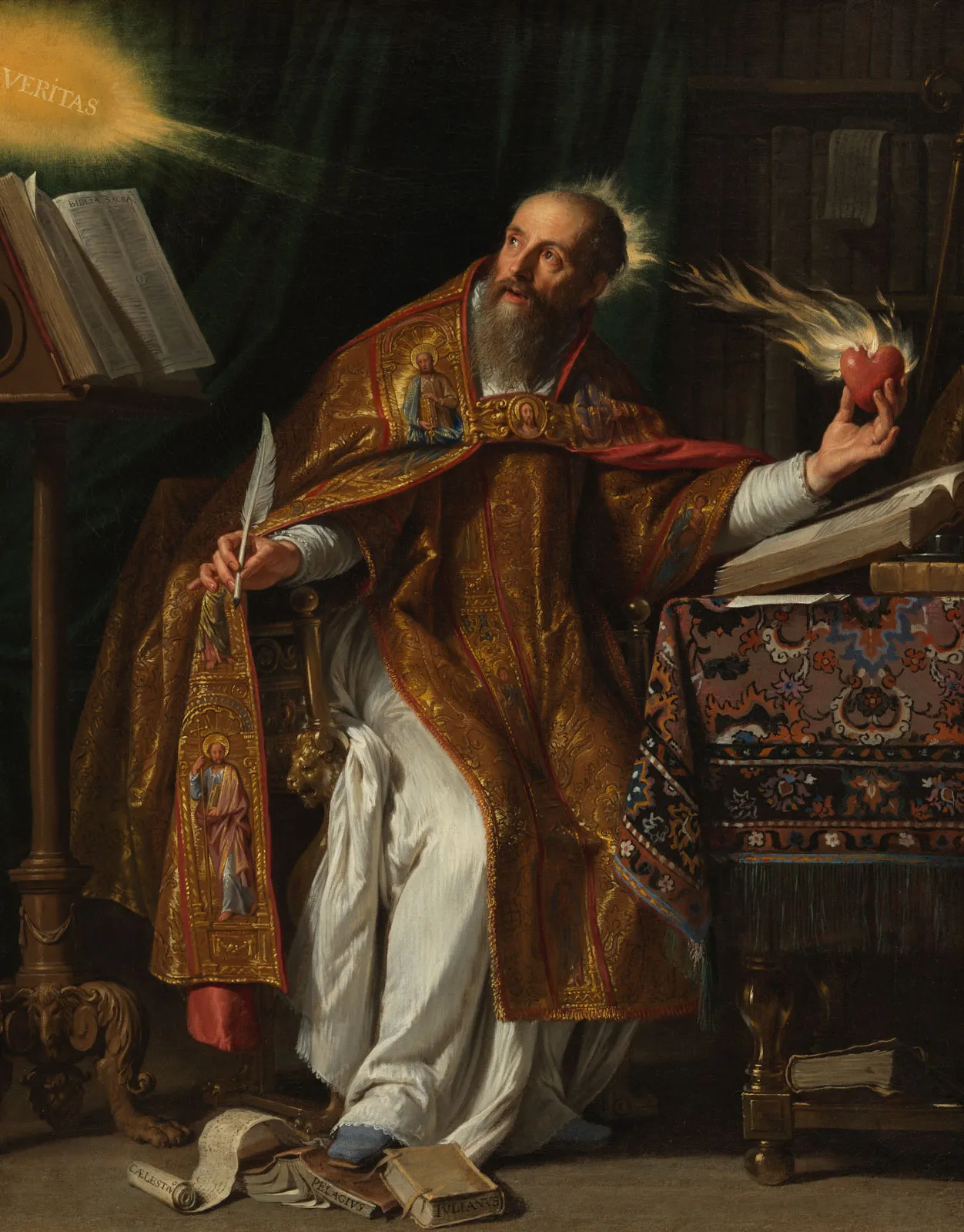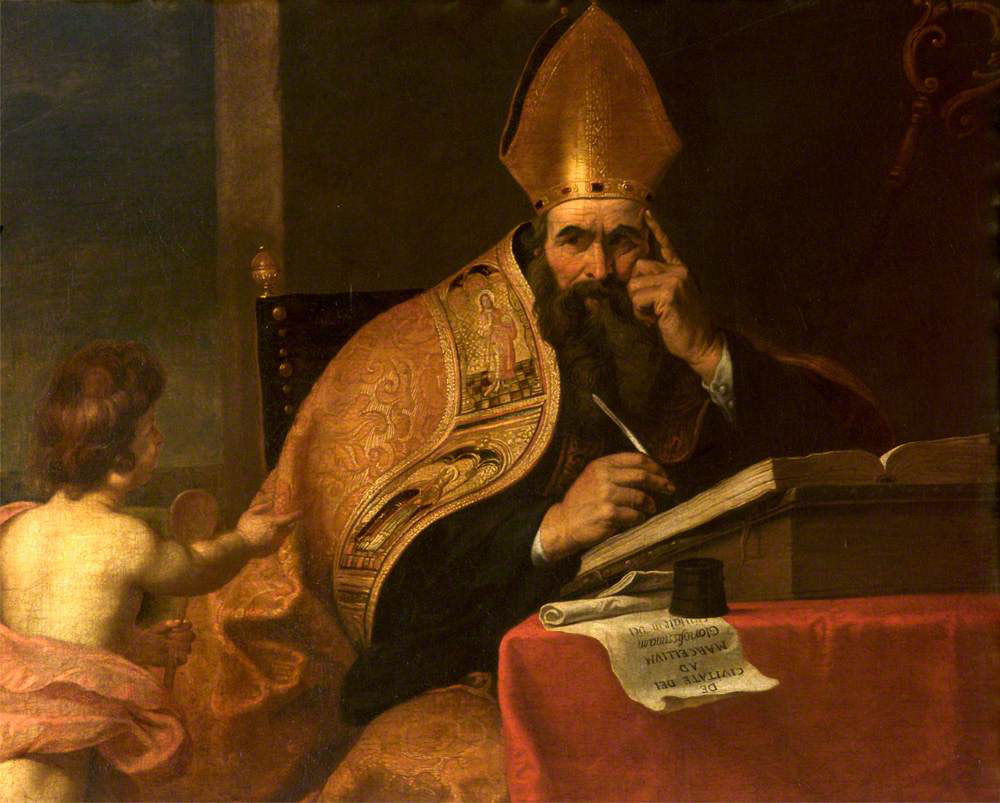Ramapuram Pala, India

St. Augustine
St. Augustine Our Patron Saint
St. Augustine, also called Saint Augustine of Hippo, original Latin name Aurelius Augustinus, (born November 13, 354, Tagaste, Numidia [now Souk Ahras, Algeria]-died August 28, 430, Hippo Regius [now Annaba, Algeria]; feast day August 28), bishop of Hippo from 396 to 430, one of the Latin Fathers of the Church and perhaps the most significant Christian thinker after St. Paul. Augustine's adaptation of classical thought to Christian teaching created a theological system of great power and lasting influence. His numerous written works, the most important of which are Confessions (c. 400) and The City of God (c. 413-426), shaped the practice of biblical exegesis and helped lay the foundation for much of medieval and modern Christian thought. In Roman Catholicism he is formally recognized as a doctor of the church.
Augustine is remarkable for what he did and extraordinary for what he wrote. If none of his written works had survived, he would still have been a figure to be reckoned with, but his stature would have been more nearly that of some of his contemporaries. However, more than five million words of his writings survive, virtually all displaying the strength and sharpness of his mind (and some limitations of range and learning) and some possessing the rare power to attract and hold the attention of readers in both his day and ours. His distinctive theological style shaped Latin Christianity in a way surpassed only by Scripture itself. His work continues to hold contemporary relevance, in part because of his membership in a religious group that was dominant in the West in his time and remains so today.
Intellectually, Augustine represents the most influential adaptation of the ancient Platonic tradition with Christian ideas that ever occurred in the Latin Christian world. Augustine received the Platonic past in a far more limited and diluted way than did many of his Greek-speaking contemporaries, but his writings were so widely read and imitated throughout Latin Christendom that his particular synthesis of Christian, Roman, and Platonic traditions defined the terms for much later tradition and debate.
Both modern Roman Catholic and Protestant Christianity owe much to Augustine, though in some ways each community has at times been embarrassed to own up to that allegiance in the face of irreconcilable elements in his thought. For example, Augustine has been cited as both a champion of human freedom and an articulate defender of divine predestination, and his views on sexuality were humane in intent but have often been received as oppressive in effect.




